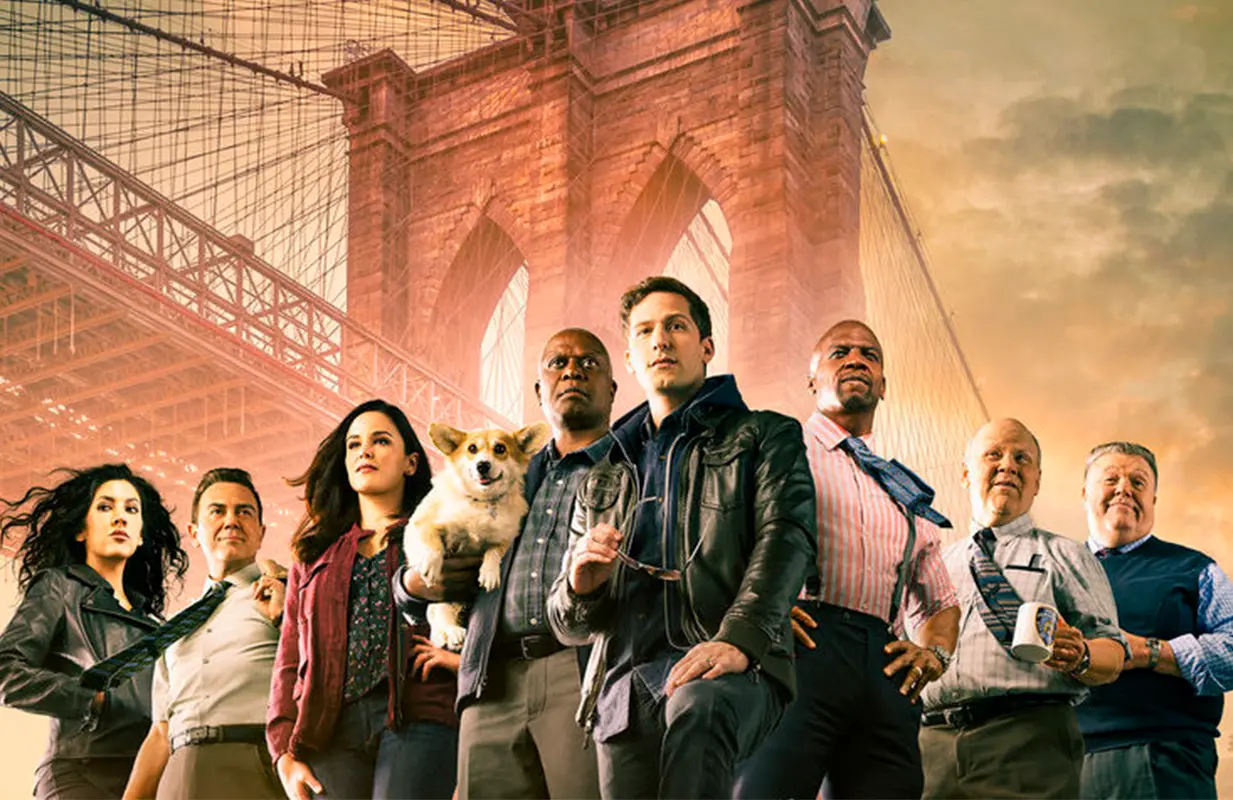Despite its greatness, Brooklyn Nine-Nine's progressiveness was always overblown
-

"Much of this was likely because at the time of its premiere, we were clamoring for feel-good representation (little has changed)," says Kaleena Rivera. "But for all of the talk about diversity, the series possesses little, with their main roster featuring two Black men and two white Latinas. It’s not nothing, but it’s not a beacon of inclusiveness either. The series is still predominantly white, and out of its countless number of guest stars, there have only been a handful of Black women with substantial speaking roles. That’s … not great. Admittedly, the show has addressed LGBT issues on numerous occasions, specifically with Captain Raymond Holt’s (Andre Braugher) struggle with not only being a Black man trying to move upwards in a largely racist workforce, but doing so while being gay as well. There was also a notable arc in which Rosa contends first with coming out as bisexual to her friends and colleagues and then to her family. These stories absolutely matter and work in the show’s favor. I don’t bring up those aforementioned critiques because I think the show was a failure; I bring them up because of the multiple ways the show was a success. It mattered watching Jake Peralta, the stereotypically cocky white male lead, evolve over the course of multiple seasons, developing a better sense of self-awareness and deep respect for his colleagues while still maintaining his trademark sense of humor. It mattered watching a gay man not only be in a healthy, loving relationship, but one that was free of tragedy. Though the series was never perfect, its success was fairly earned."
TOPICS: Brooklyn Nine-Nine, NBC
More Brooklyn Nine-Nine on Primetimer:
